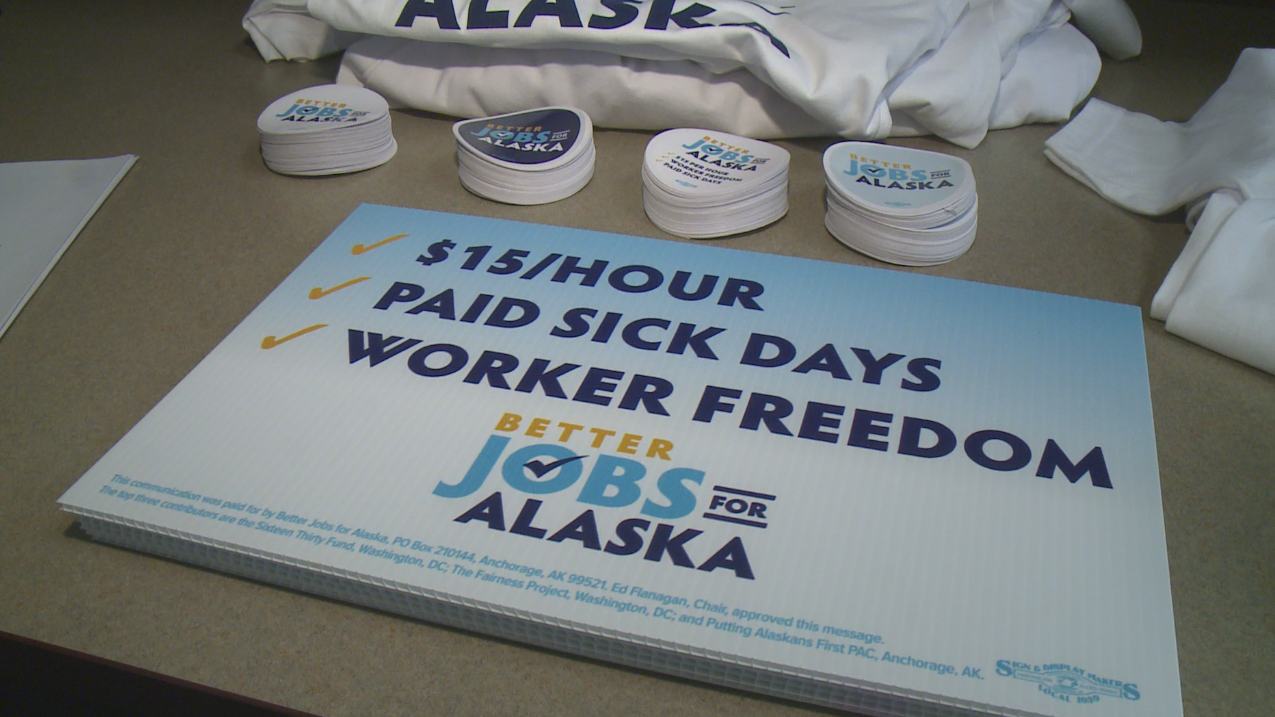Once an employee leaves a company, offboarding them is the next challenge. This activity includes giving their final paycheck with Paid Time Off (PTO) Payout. However, is a PTO Payout required by law? That depends.
What are the requirements?
There is no federal requirement to payout for accrued and unused PTO. In fact, there is no federal mandate even to offer PTO to employees. However, if a company provides accrued PTO, in most cases, they have to pay this upon separation. The key is if the company has a formal paid time off policy, usually noted in an Employee Handbook. Thirty-three states require these accrued days to be paid out unless expressly stated in an Employee Handbook that they are not. Therefore, if your company operates in multiple states, it is essential to know each state’s rules.
These state requirements can vary dramatically. For example, in California, earned Vacation is considered wages and must be paid out at the employee’s current pay rate. In North Dakota, companies can revoke payment of accrued Vacation time if the employee has been employed for less than one year and gives less than five days’ notice of separation. Four states have no requirements for PTO Payout (Florida, Georgia, Missouri, and South Dakota).
This handy Vacation Payout by State table, as of January 2022, should provide basic information, but check state labor departments for specific guidelines. Companies with a policy that states they will pay out PTO are generally legally enforceable, regardless of the PTO payout laws listed.
What counts as accrued and unused PTO?
The next issue to determine is what constitutes accrued and unused PTO. Many companies break PTO into buckets like Sick, Vacation, and Personal or Birthday. For simplicity, some companies combine these into one accrual bucket that an employee can use for any reason. However, this could be to the company’s detriment.
Arizona, California, Colorado, Connecticut, Maryland, Massachusetts, Michigan, New Jersey, New Mexico, New York, Oregon, Rhode Island, Vermont, Washington, Washington, D.C. have mandatory paid sick leave laws. However, no federal requirement requires Sick Leave to be paid out at separation.
Because sick leave is not considered a part of wages in any state, employers do not need to pay out for sick days at the time of separation unless otherwise stated in an Employee Handbook or Contract.
Companies that do not separate their accruals into different buckets can be exposed to higher costs at separation. Often, there is no documentation to show which PTO request is for Sick versus Vacation, so courts have overwhelmingly stated that the employee’s entire PTO accrual bank must be paid out.
This division of accrual buckets into Sick and Vacation can save a company significant money when an employee separates.
What about Unlimited PTO?
‘Unlimited PTO’ is another option provided by companies. It is a structure in which employees are not assigned a set number of paid days off at the start of the year. Instead, employees take time off when needed as long as doing so will not disrupt their work or the business. PTO payout only applies to accrued paid time off, meaning employees earn PTO hours for the hours they work. In other words, employees are only eligible for a PTO payout if they accrue PTO.
Unlimited PTO is not for every situation. Studies have shown that employees who work under an Unlimited PTO system tend to take less PTO. In addition, Employees fear what the boss would say if they asked for the time off. This situation can cause workers to be more burned out and potentially leave. Finally, this lack of time off employees feel they have earned can cause employee resentment as an employee leaves the company.
How can we help?
Time Equipment Company offers the most advanced accruals engine in the business. Our specialists configure accruals to match your parameters to calculate automatically through our time and attendance software. In addition, these balances can be migrated to your payroll provider to maintain accurate records and compliance. Finally, the accrual balances are not delayed because of a payroll cycle, so the proper amount of hours for PTO payout is accurate.
For more information about Leave Management, contact Time Equipment Company at 800-997-8463 or sales@timeequipment.com.
*This information simplifies complex Acts as it is understood by Time Equipment Company. It is not to be taken as legal advice. The regulations for this program are changing. For further information, contact your state or local Department of Labor.










